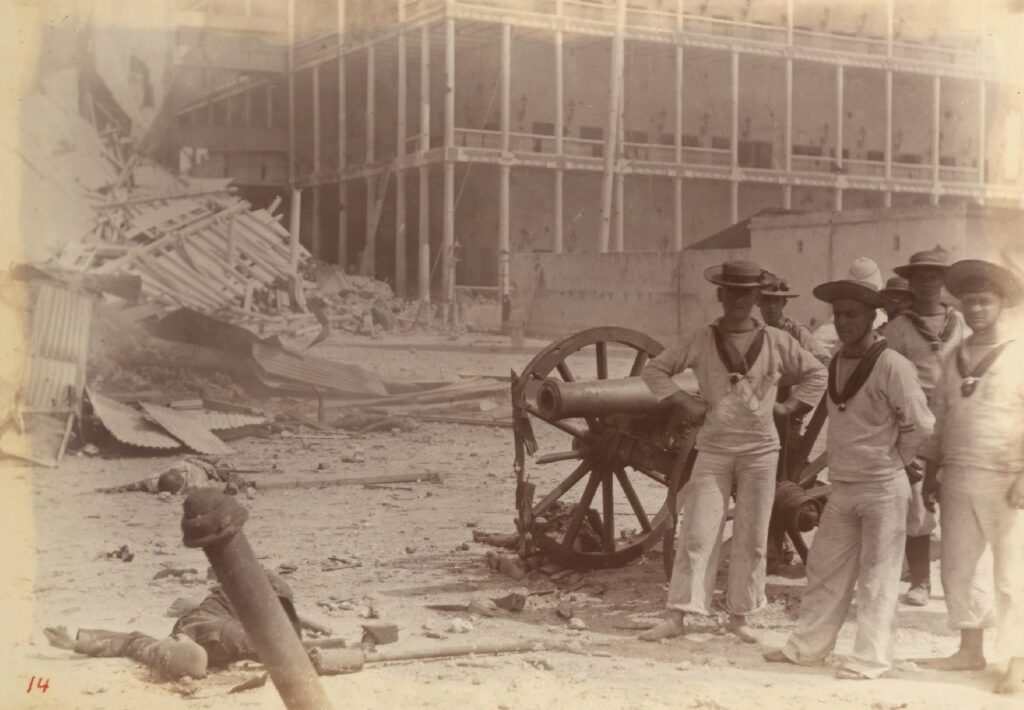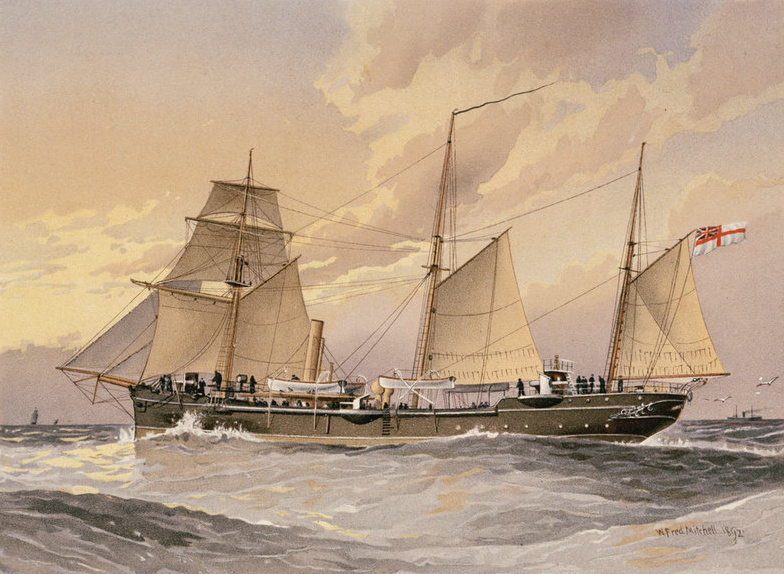Imagine a war so short that it concluded before you could finish your morning tea. The Anglo-Zanzibar War of 1896 holds the record for the shortest war in history, lasting only 38–45 minutes. Though brief, this conflict highlights the geopolitical tensions of colonial rule, rapid technological advancement, and the enduring struggle for power in the late 19th century.
Key Takeaways
- The war was sparked by the British rejection of Sultan Khalid bin Barghash’s rule.
- Advanced British naval technology quickly overwhelmed Zanzibar’s defenses.
- The conflict demonstrated the vast power imbalance during the colonial era.
The Background
The Sultanate of Zanzibar, an East African island nation, was a British protectorate in the late 19th century. Following the death of pro-British Sultan Hamad bin Thuwaini, Khalid bin Barghash seized power without British approval. The British, determined to uphold their influence, issued an ultimatum demanding Khalid abdicate. When Khalid refused, the British prepared their forces for action.
Comparison of Forces Before the War
| Category | British Forces | Zanzibari Forces |
|---|---|---|
| Naval Power | 5 modern warships | 1 antiquated wooden vessel |
| Troops | 150 marines and sailors | 2,800 soldiers (mostly untrained) |
| Artillery | Advanced naval cannons | Small, outdated cannons |
The disparity in resources made the outcome inevitable even before the first shot was fired.

The Conflict Unfolds
On August 27, 1896, at 9:02 AM, the British naval forces opened fire on the Sultan’s palace. The bombardment was overwhelming, reducing the palace to rubble within minutes. The Sultan’s forces managed only sporadic and ineffective resistance. By 9:40 AM, Khalid had fled to the German consulate, effectively ending the war in just 38–45 minutes.
A contemporary British officer remarked,
“The Sultan’s defiance was short-lived, much like the war itself. It was a display of our might and their hopeless situation.”
Aftermath
The war’s toll was significant for Zanzibar despite its brevity. Over 500 Zanzibaris were killed or wounded, while British forces reported only a single injury. The British swiftly installed Sultan Hamoud bin Mohammed, who cooperated fully with their administration. This event marked the firm establishment of British dominance in Zanzibar and reinforced their imperial authority across East Africa.
Impact of the Anglo-Zanzibar War
| Aspect | Impact on Zanzibar | Impact on Britain |
|---|---|---|
| Political Control | Sultan became a figurehead under British control | Enhanced imperial prestige |
| Social Consequences | Demoralization of local population | Demonstrated effectiveness of naval power |
| Economic Outcomes | Increased British control over trade and resources | Minimal financial expenditure |
Conclusion
The Anglo-Zanzibar War of 1896 is a fascinating episode in the history of imperialism. Its brevity belied its significance, as it highlighted the stark realities of colonial power dynamics. This event underscores the lengths empires would go to maintain dominance, serving as a reminder of the turbulent interplay between power, resistance, and geopolitics.

